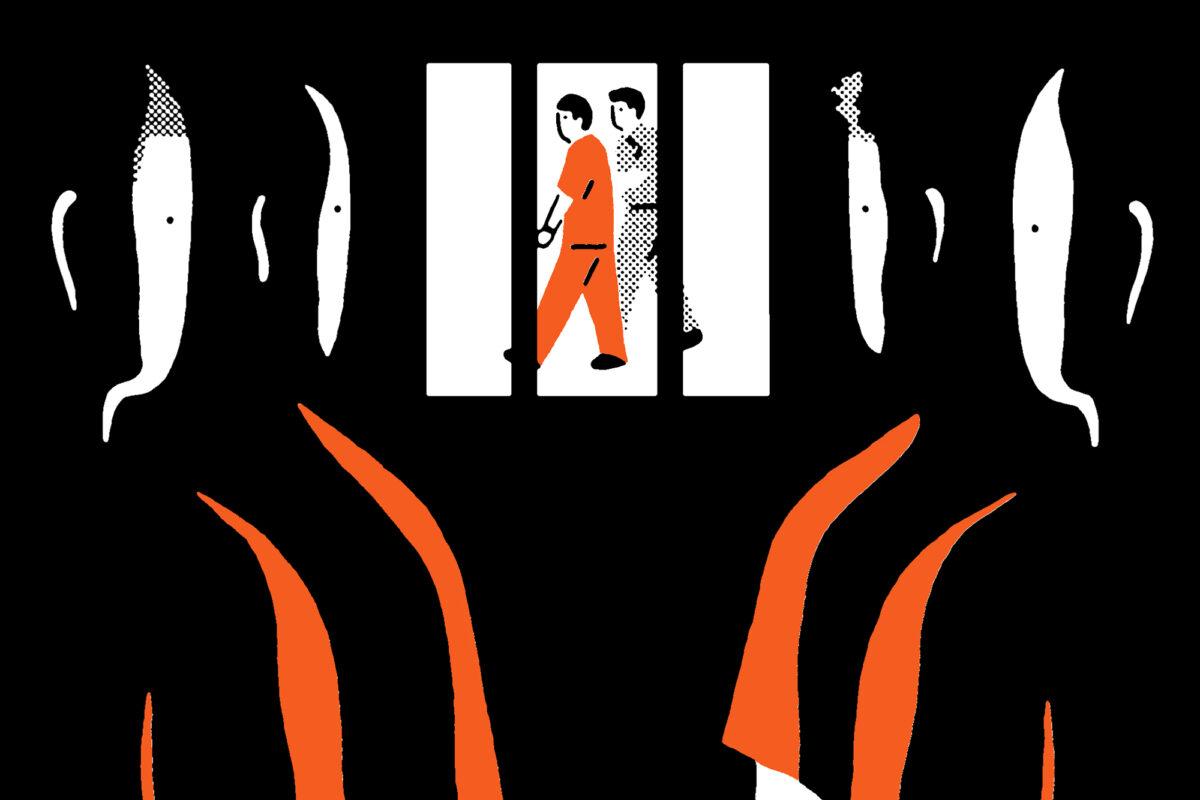Presumption of innocence, right to bail end after conviction of capital offense
The presumption of innocence and the Constitutional right to bail end after the accused's conviction of a capital offense.
The right to bail is cognate to the fundamental right to be presumed innocent.[1] It is accorded to a person in the custody of the law who may be allowed provisional liberty upon filing of a security to guarantee his, or her appearance before any court.[2] It is a reconciling mechanism to accommodate both the accused's provisional liberty and the society's interest in assuring the accused's presence at trial.[3]
The Constitution guarantees every accused's right to bail, except for those charged with a capital offense when the evidence of guilt is strong:
SEC. 13. All persons, except those charged with offenses punishable by reclusion perpetua when evidence of guilt is strong, shall, before conviction, be bailable by sufficient sureties, or be released on recognizance as may be provided by law. The right to bail shall not be impaired even when the privilege of the writ of habeas corpus is suspended. Excessive bail shall not be required.[4] (Emphasis supplied.)

The Rules of Court echo this principle in this wise:
SEC. 7. Capital offense or an offense punishable by reclusion perpetua or life imprisonment, not bailable. — No person charged with a capital offense, or an offense punishable by reclusion perpetua or life imprisonment, shall be admitted to bail when evidence of guilt is strong, regardless of the stage of the criminal prosecution.[5] (Emphases supplied.)
Indeed, before conviction, every person is entitled to bail as a matter of right unless, he or she is charged with a capital offense and the evidence of guilt is strong.[6] In resolving bail applications of an accused charged with a capital offense, the Court conducts a summary hearing to determine the strength of the evidence of his or her guilt.[7] In the affirmative, the accused cannot enjoy provisional liberty.[8] The rationale for this rule, is that the accused is more likely to be tempted to flee rather than await the outcome of the proceeding with a penalty demanding a lifetime of incarceration.[9]
On the other hand, bail after conviction is not absolute.[10] It is a matter of judicial discretion which must be exercised with grave caution owing to the ascertainment of the accused's guilt:
The importance attached to conviction is due to the underlying principle that bail should be granted only where it is uncertain whether the accused is guilty or innocent, and therefore, where that uncertainty is removed by conviction it would, generally speaking, be absurd to admit to bail. After a person has been tried and convicted the presumption of innocence which may be relied upon in prior applications is rebutted, and the burden is upon the accused to show error in the conviction. From another point of view it may be properly argued that the probability of ultimate punishment is so enhanced by the conviction that the accused is much more likely to attempt to escape if liberated on bail than before conviction.[11] x x x.
The clear implication, therefore, is that if an accused who is charged with a crime punishable by reclusion perpetua is convicted by the trial court and sentenced to suffer such a penalty, bail is neither a matter of right on the part of the accused nor of discretion on the part of the court. In such a situation, the court would not have only determined that the evidence of guilt is strong — which would have been sufficient to deny bail even before conviction — it would have likewise ruled that the accused's guilt has been proven beyond reasonable doubt. Bail must not then be granted to the accused during the pendency of his appeal from the judgment of conviction.[16] x x x. (Emphasis supplied.)



